Typhoon Science and Technology Research Center is established in the Institute of Advanced Sciences
Last Updated : October 20, 2021
On October 1, 2021, the Typhoon Science and Technology Research Center (Director: Professor Hironori Fudeyasu - photo on the right below) is established in the Institute of Advanced Sciences as a research center for accelerating academic research and the social implementation of new technologies in the fields of typhoons, disaster prevention, energy science, aviation development and ship development.
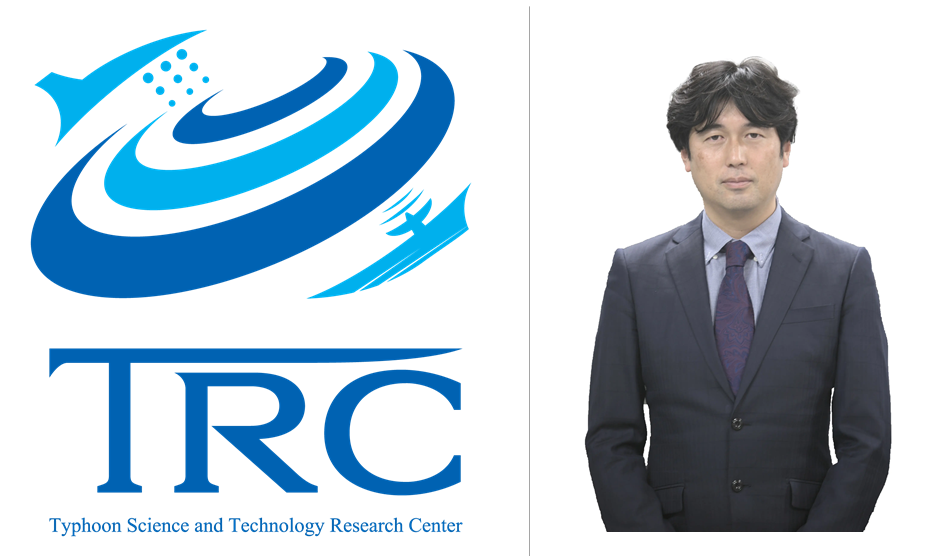
The Typhoon Science and Technology Research Center (TRC) consists of four research laboratories: the "Typhoon Observation Research Lab", which engages in typhoon observation research and data analysis research, the "Typhoon Prediction Research Lab", which focuses on high-precision prediction of typhoons, the "Typhoon Power Generation System Development Lab", which conducts research and technological development of power generation and storage from typhoon energy, and the "Social Implementation Promotion Lab", which promotes social implementation of research results from the perspective of creating social value.
The TRC is Japan's first specialized research institute for academic research on typhoons. It will become a research base that accelerates the construction of new academic disciplines and the social implementation of new technologies and will promote practical research in interdisciplinary fields that transcend the boundaries of academic domains in collaboration with domestic and overseas universities and research institutes, related companies, and national and local governments. We will contribute to the development of excellent research personnel for the next generation and the creation of new industrial innovations.
Typhoon Observation Research Lab
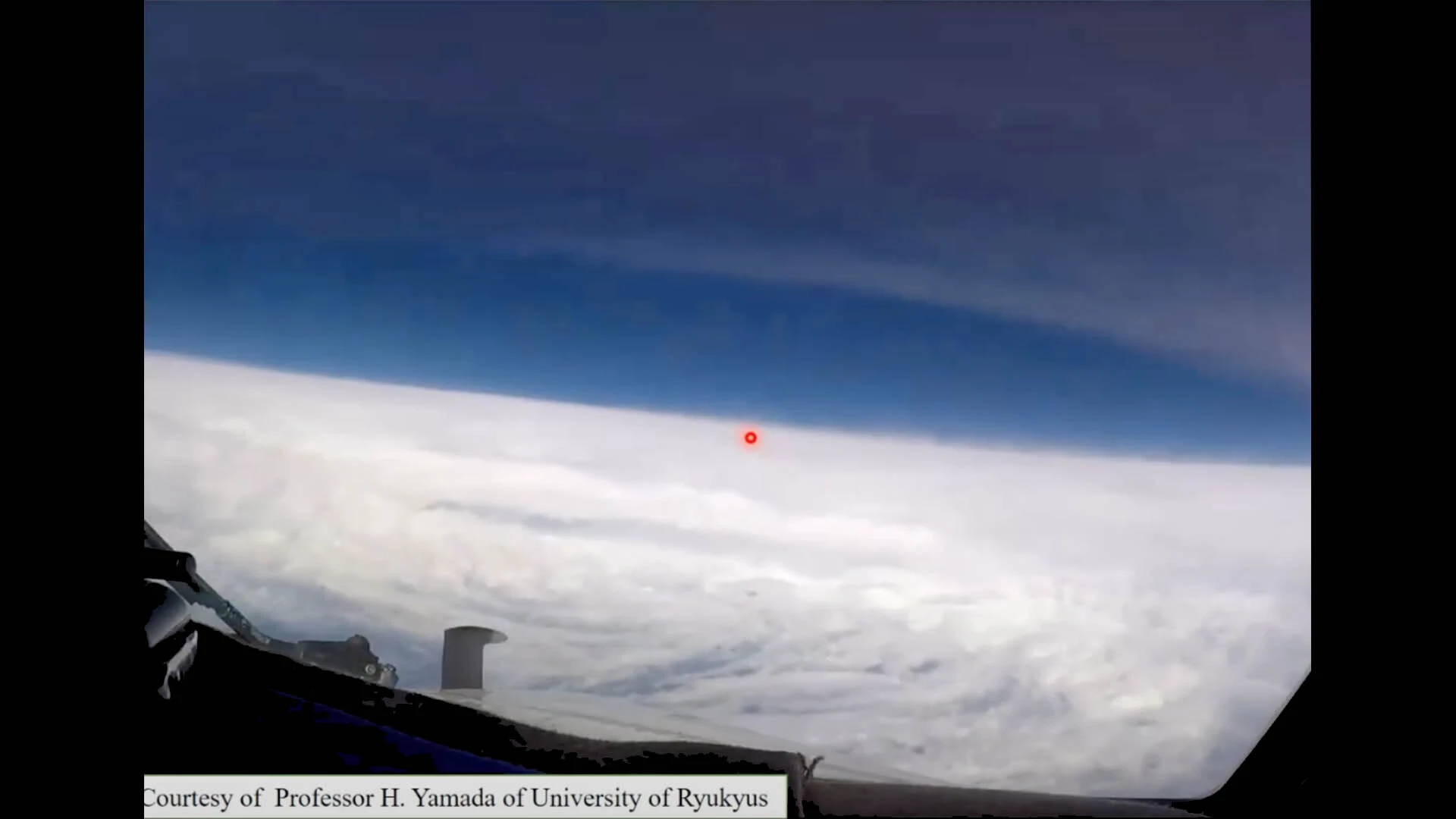
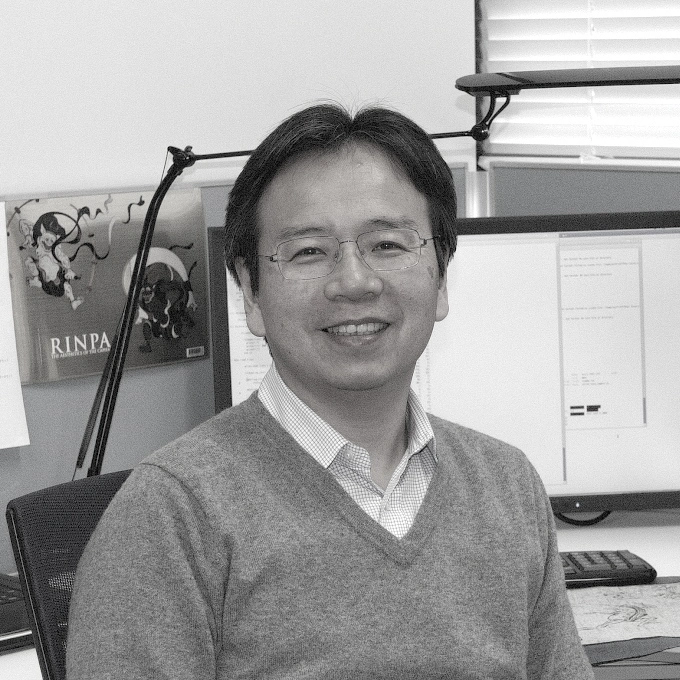
Nagoya University
The "Typhoon Observation Research Lab" conducts observational research and data analysis research on tropical cyclones such as typhoons and heavy rainfall, and cloud and precipitation systems associated with typhoons. Professor Kazuhisa Tsuboki of Nagoya Universtity, who made the first aircraft observation of a typhoon in Japan will lead the lab.
This lab consists of the aircraft observation mission team, the ship observation mission team, the satellite observation analysis team, and the observation aircraft development team. The aircraft observation mission team and the observation aircraft development team will be centered on Nagoya University and University of the Ryukyus, which have track records in typhoon aircraft observation. The ship observation mission team has observation ships and is centered on the Japan Agency for Marine-Earth Science and Technology (JAMSTEC), which has been observing ships in tropical waters for many years. The satellite observation and analysis team will be led by Hokkaido University and others.
Typhoon Prediction Research Lab
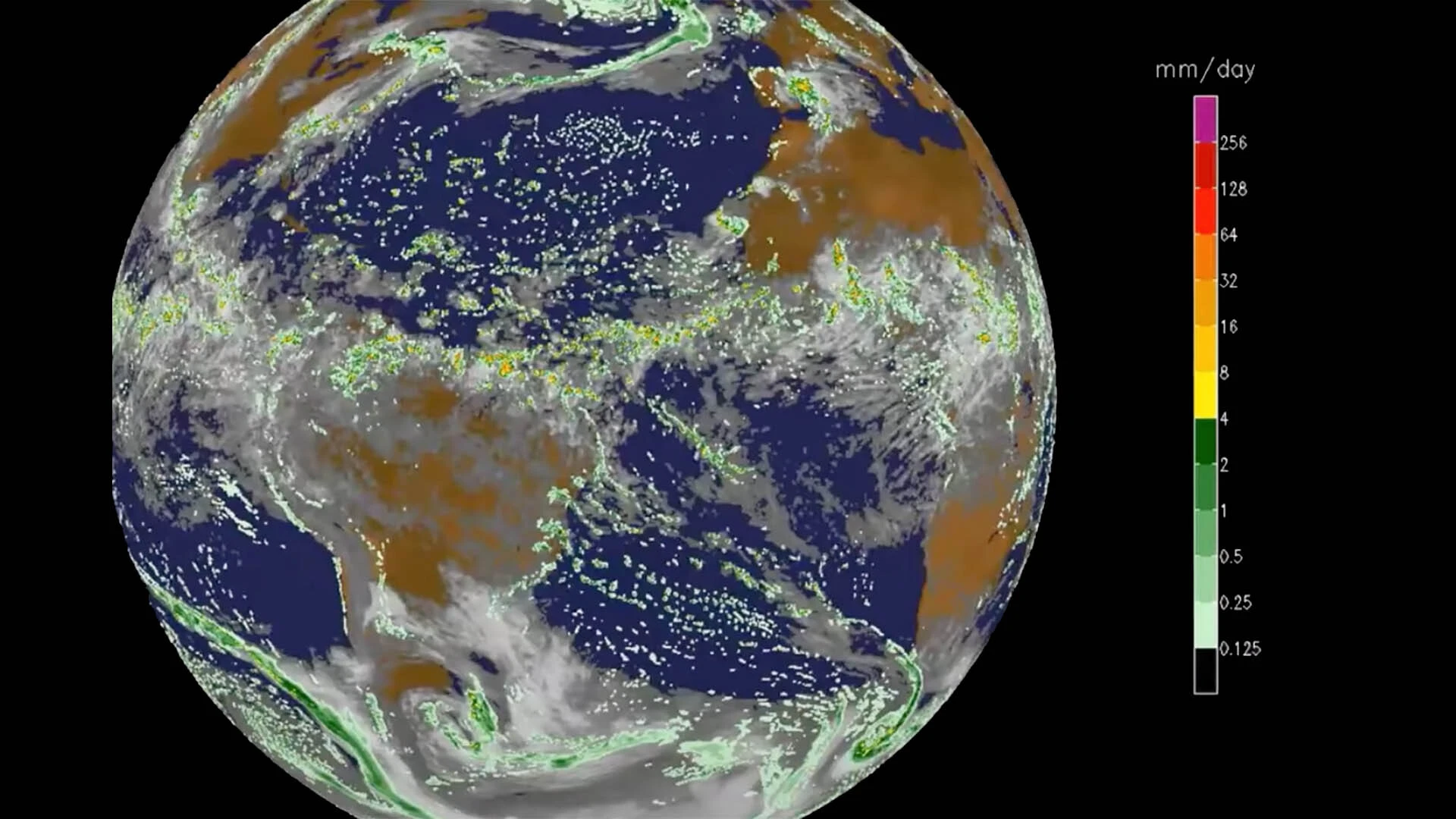
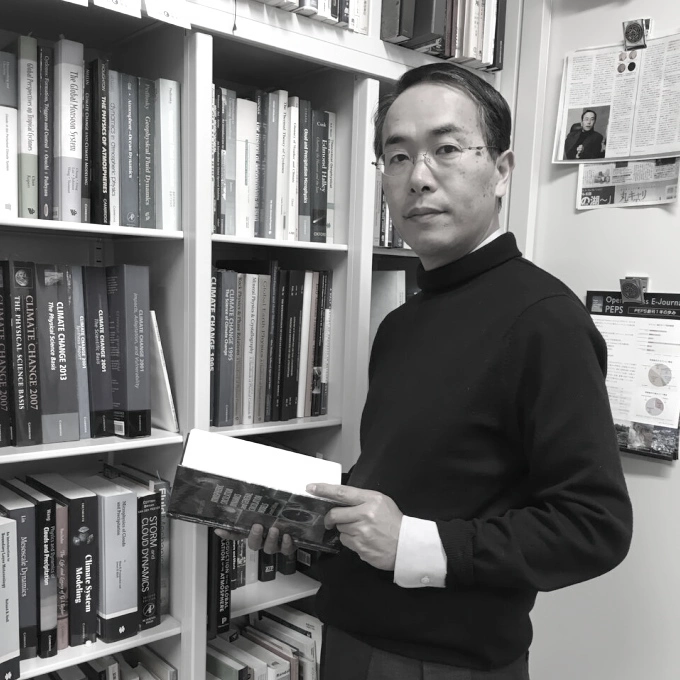
The University of Tokyo
The "Typhoon Prediction Research Lab" conducts research and technological development to predict typhoons with high accuracy. Professor Masaki Satoh of The University of Tokyo, who is a leading expert in typhoon simulation research, will lead the lab, which consists of the typhoon prediction team, the disaster prediction and impact assessment team, the data assimilation team, the typhoon climate change team, and the Beyond Forecasting team. The typhoon prediction team is led by the Atmosphere and Ocean Research Institute (AORI) of The University of Tokyo. The Kyoto University Disaster Prevention Research Institute (DPRI) and the Institute of Industrial Science (IIS) at The University of Tokyo will play the central role of the disaster prediction and impact assessment team. The data assimilation team is led by University of the Ryukyus and RIKEN. The typhoon climate change team is headed by the Japan Agency for Marine-Earth Science and Technology (JAMSTEC). Yokohama National University and Keio University will jointly head up the Beyond Forecasting team.
Typhoon Power Generation System Development Lab
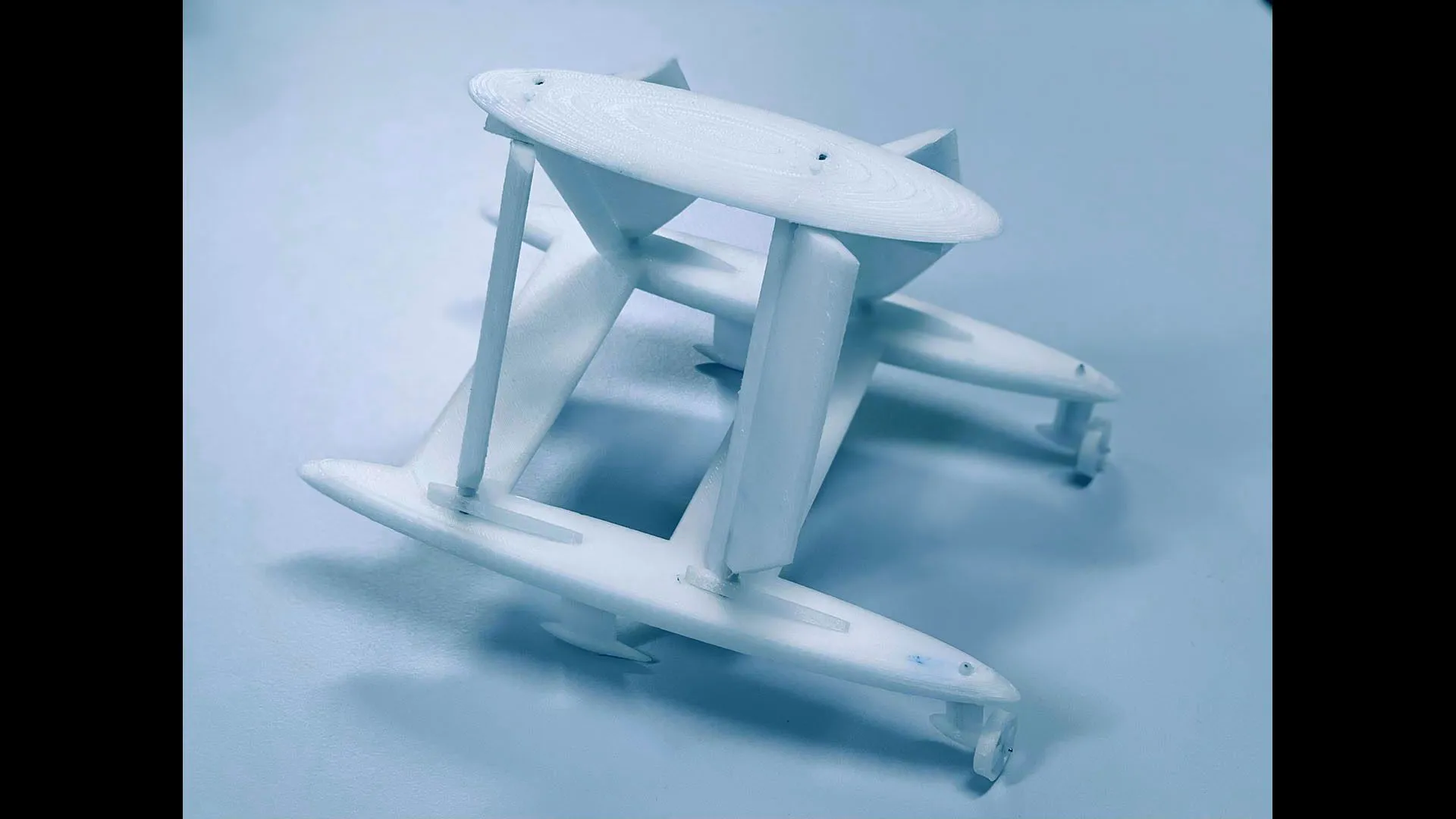
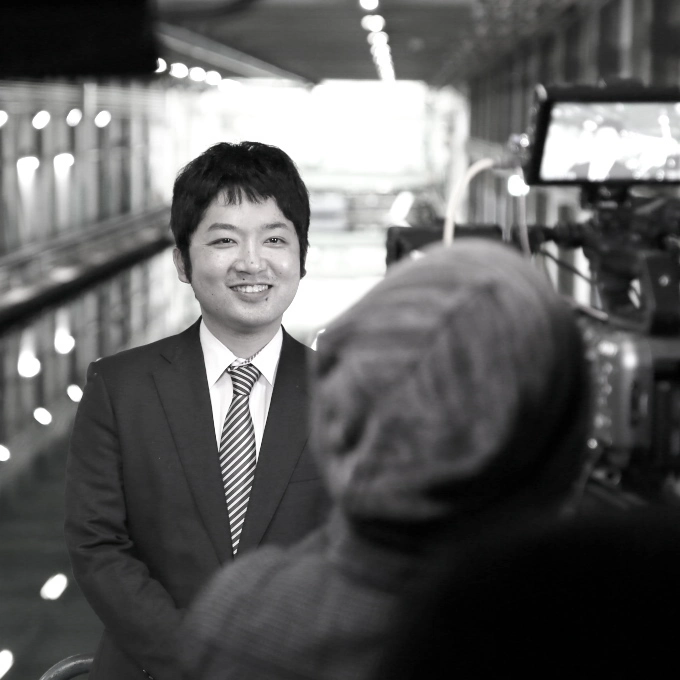
Taiga Mitsuyuki
Yokohama National Univ.
At the "Typhoon Power Generation System Development Lab", we will follow typhoons on the ocean and carry out research and technological development to generate and store electricity from massive typhoon energy. The lab is headed by Assosiate Professor Taiga Mitsuyuki of Yokohama National University, in whom there are great hopes for ship system research, and consists of the power generation development team, the power storage and transmission development team, the typhoon power generation ship development team, and the typhoon power generation system integration team.
In collaboration with the Advanced Chemical Energy Research Center (ACERC) in the Institute of Advanced Sciences (IAS), Yokohama National University, we will be in charge of new power generation and storage using typhoon energy as a resource, and research new technologies to promote the construction of a carbon-free society from the meteorological approach. Furthermore, we aim to revitalize Japan's maritime industry by developing ships and marine structures from concept design to implementation, specifically those build for a new purpose for typhoon power generation, in collaboration with various companies and other research institutes.
Social Implementation Promotion Lab
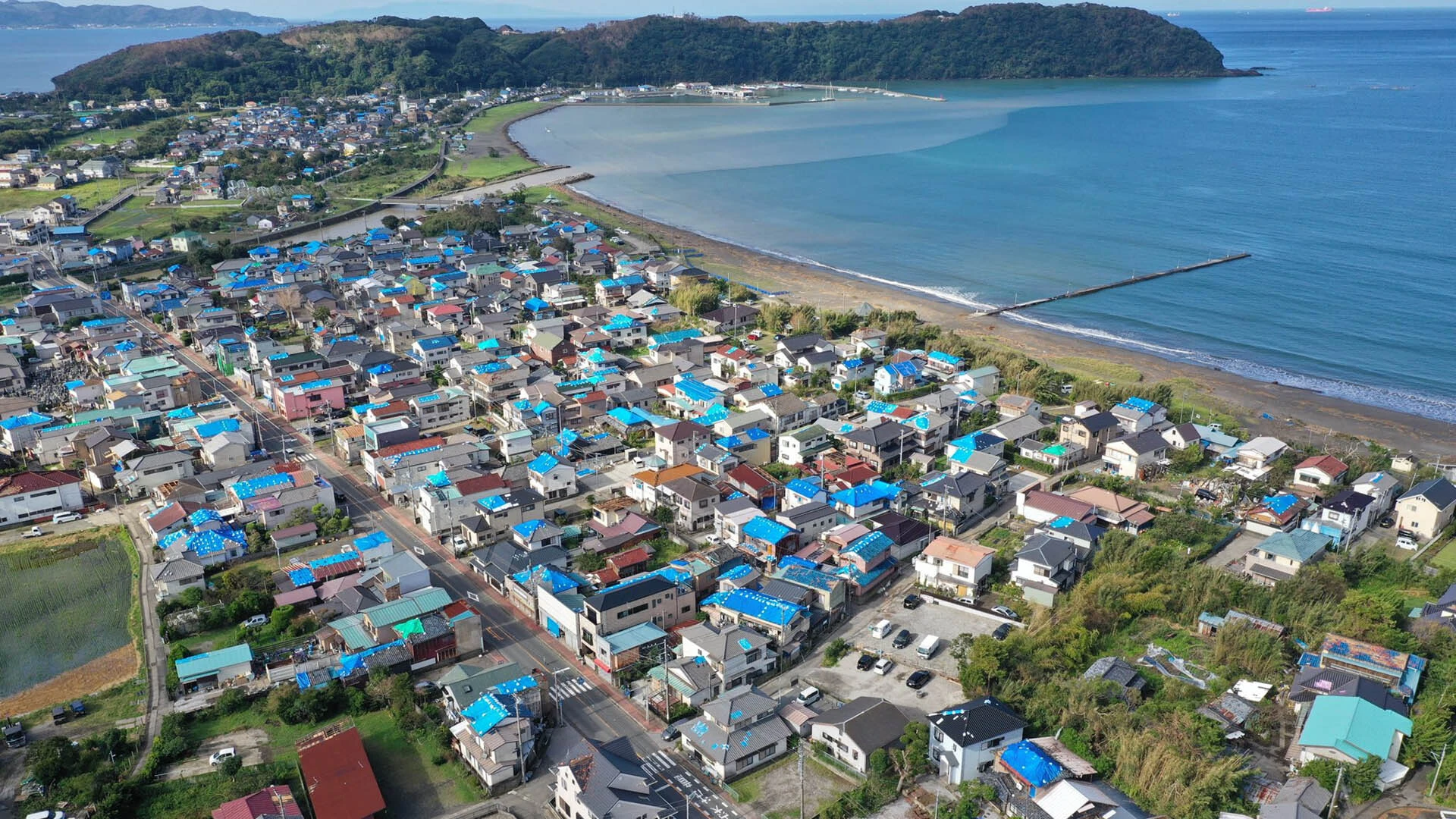
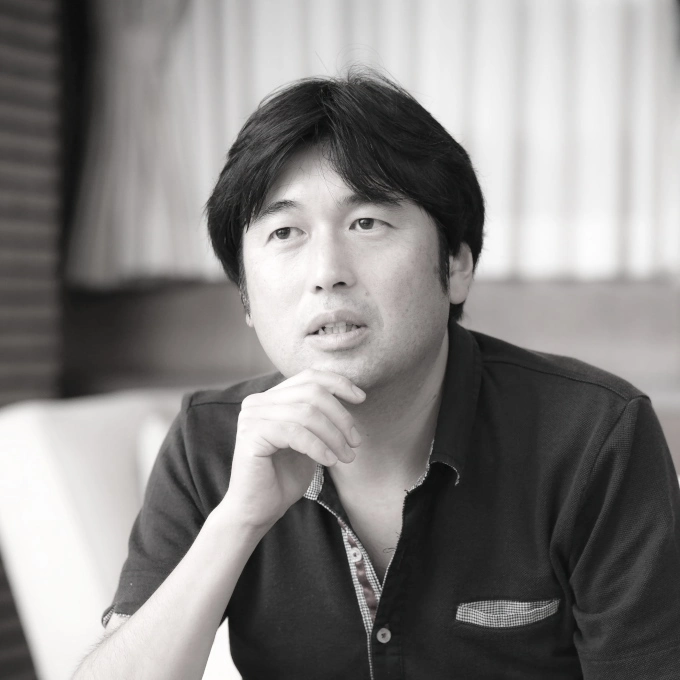
Yokohama National Univ.
The "Social Implementation Promotion Lab" will consider various issues related to social acceptance when introducing outstanding research results from the other three TRC labs into society and promote social implementation. Professor Hironori Fudeyasu will put together the social implementation promotion lab. This lab consists of the risk symbiosis team, the industry collaboration platform team, the legal and social issues team, the international collaboration issues team and the education and outreach team.
In cooperation with the Risk Symbiotic Society Creation Center of IAS, we will build a cooperative system for risk management related to the introduction of new energy systems and proposals of regulations and standards, etc. In order to create social value, it is essential to involve industrial circles and we will promote the realization of social implementation through collaboration with them, while also academic consideration to a social value creation process. In addition, we will also provide outreach activities on disaster prevention related to typhoons, and on how we can develop our knowledge and ideas on building a future society in the field of education.
"For a safe, secure, sustainable and vibrant global society"

TRC members attended the openning celemony at YNU on Oct.1, 2021
